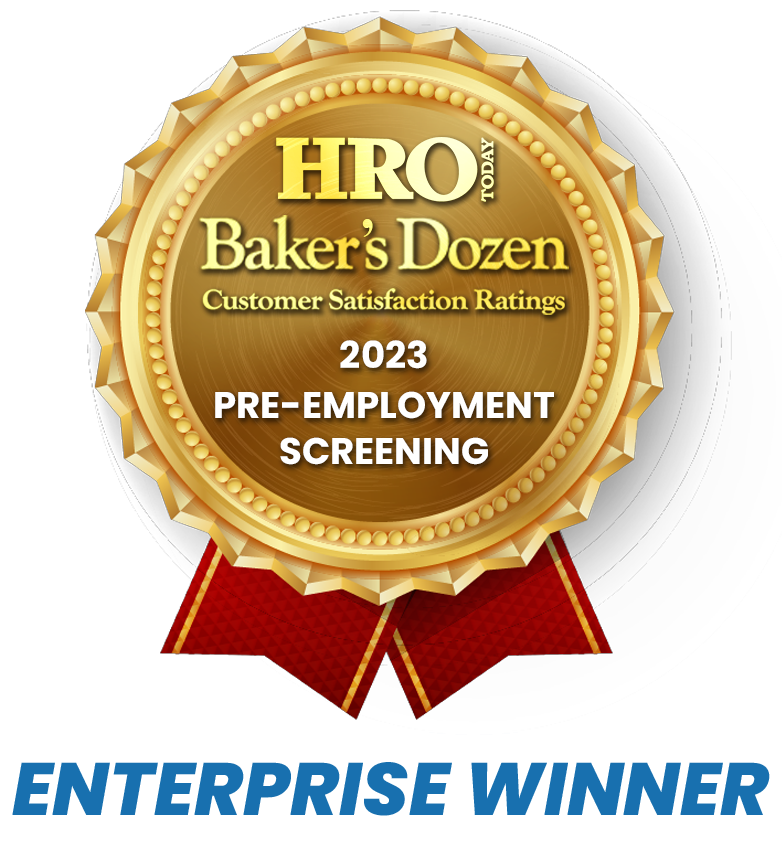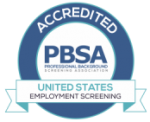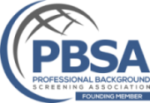PBSA Accredited
Universal is one of a small percentage of screening firms accredited by the Professional Background Screening Association.
Personalized Service
As a client, you are assigned a client service team knowledgeable about your account and screening program.
Fast Turnaround Time
Universal delivers industry-leading turnaround time, providing results in less than 2 days for criminal searches and under 3 days for verifications.
Legal Compliance
We follow State and Federal Regulations and Industry best practices designed to protect your organization and assist in your compliance.
Advanced Client Portal
Universal’s user-friendly, web-based solution simplifies the background screening process. Submit orders, view pending as well as completed reports in real time, 24×7.
















